Famous Actor Cary Grant and His Strong Bond With His Daughter
Cary Grant was a legendary actor during the “Golden Age of Hollywood.” He was adored by millions of fans for his suave looks, charming personality, and comedic timing – a mix of qualities that also led to a vibrant romantic life. Over the course of 50 years, he was married a total of five times. Yet despite all those marriages, he only had one child – a daughter named Jennifer Grant.
Their father-daughter bond was the stuff of legends. Grant loved and supported her even though he wasn’t able to be there all the time – as shown in Jennifer’s 2011 memoir. In this post, we’ll look at the life of Cary Grant, the life of Jennifer Grant, and the strong father-daughter bond that exists to this day – long after Cary Grant’s death.
A Rough Start
Cary Grant wasn’t born as “Cary Grant” – his given name was Archibald Alec Leach. The fact that he underwent such a dramatic name change tells us that his childhood was something he wished to forget.
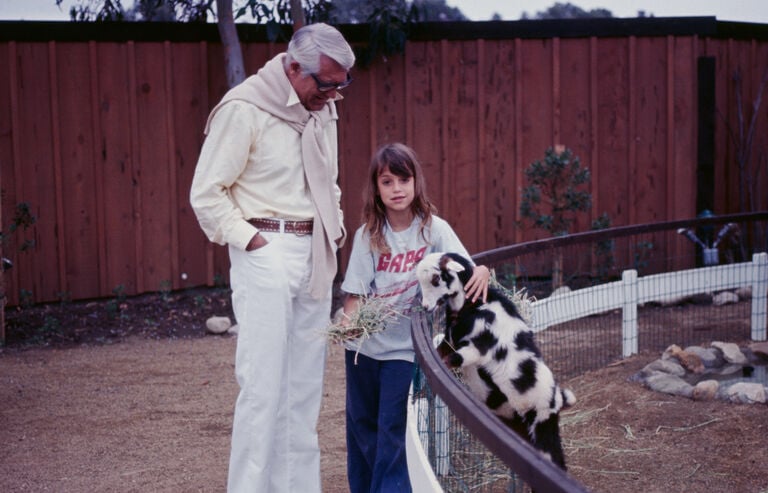
Photo by Maureen Donaldson/ Getty Images
Born in Horfield, England in 1904, Cary Grant grew up as the only child of Elias and Elsie Leach. He grew up poor. Grant’s father, Elias, was an alcoholic, and his mother, Elsie, was prone to depression caused by the fact that her first-born son (Grant’s older brother) died from tuberculosis before the age of one.
Where Did Mom Go?
Sadly, life only got worse during the course of Grant’s early years. At the age of nine, Elias told his son that Elsie had left the family to go on a “long holiday” and then to “live on the coast.”
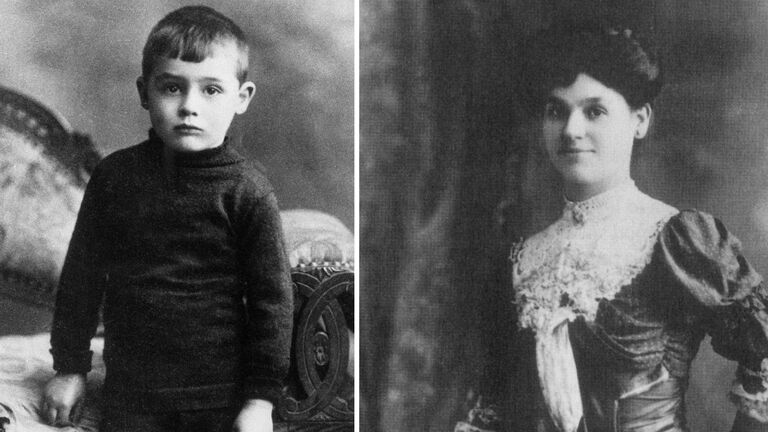
Pictorial Parade/Archive Photos/Getty Images | Hulton Archive/ Getty Images
Grant was never given any further explanation as to why his mother abandoned him, so he grew to resent her. Later on, Elias told his son that Elsie had died –- causing Grant’s resentment to turn to grief. He carried that grief around until, decades later, he found out the truth.
Mom’s “Long Holiday”
The truth was that Elsie didn’t die after a long holiday on the coast. Instead, she lived at a mental hospital called the Bristol Lunatic Asylum. Elias sent her there in 1913 after claiming that she suffered from mania – he didn’t tell Grant this until a few years before his death.
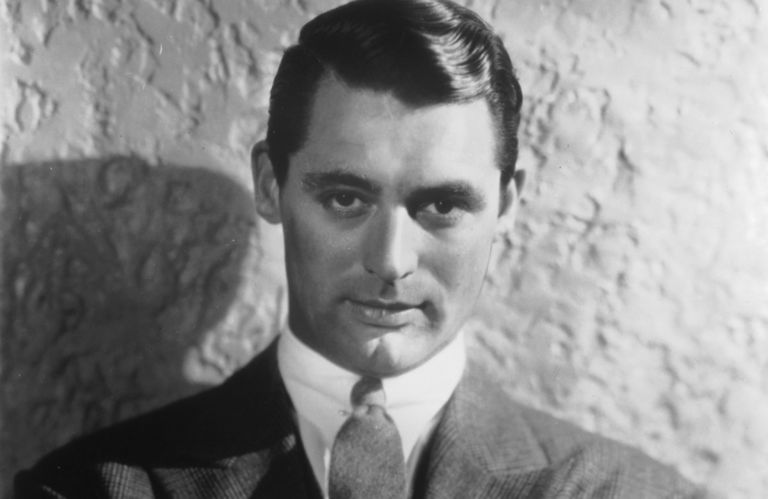
John Engstead/John Kobal Foundation/ Getty Images
Although he felt betrayed by his father, Grant was also happy to know his mother was still alive. When he went to go visit her, however, that happiness turned to pain because Elsie didn’t recognize him.
Taking Care of Mom
Cary Grant’s professional life took off in the 1930s as he starred in films like She Done Him Wrong and I’m No Angel. His personal life, however, was far less glamorous – his father died, and his mother was in a mental institution.
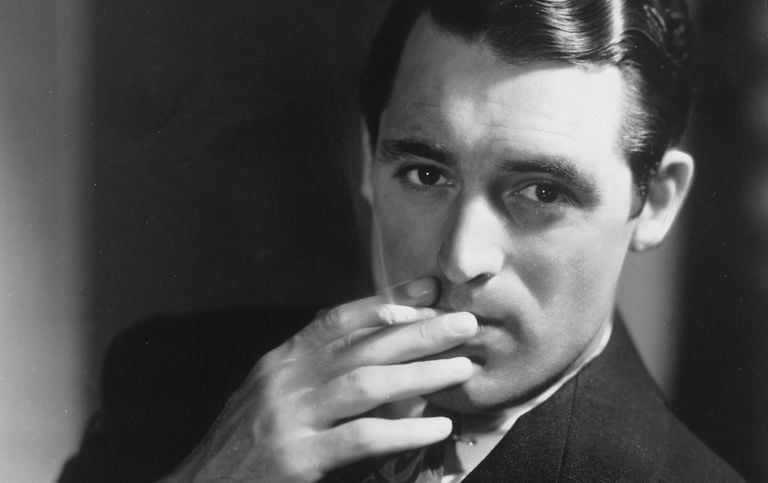
John Engstead/John Kobal Foundation/ Getty Images
After his first painful visit with Elsie, Grant decided to take her out of the institution. He bought her a house and visited her often. However, despite Grant’s best intentions, the 22 years of confinement had taken its toll on Elsie, and she never fully recovered.
Grant’s First Marriage
The fact that he never had a stable relationship with his mother affected Grant’s relationships with other women. His romantic life was always changing, and Grant married a total of five times.
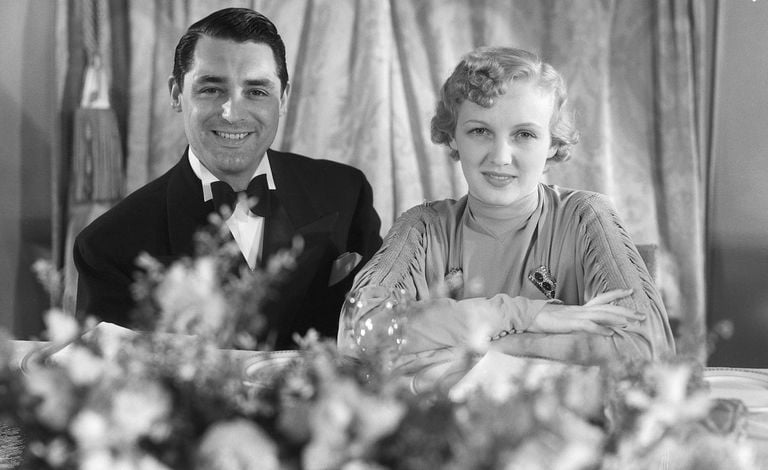
Bettmann/ Getty Images
The first one came in 1934. Grant met Virginia Cherill, a beautiful American actress known for her role in Charlie Chaplin’s City Lights. In February of that year, they got married; by March of the following year, they were divorced. It didn’t end well – Cherill claimed abuse, and the tumultuous proceedings were covered in the tabloids.
Grant’s Second Marriage
A few years after his divorce from Cherill, Grant began dating Barbara Hutton – granddaughter of the retail tycoon Frank Woolworth. When Frank died, Barbara was granted one-third of his estate. At the time, that was about $50 million.
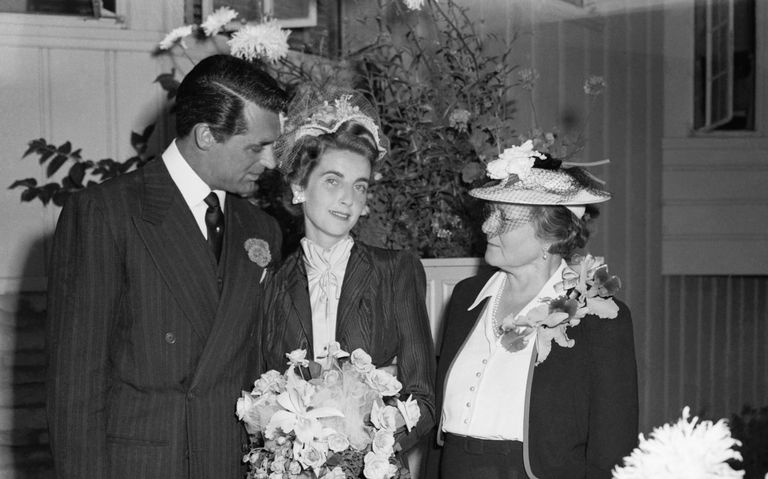
Bettmann/ Getty Images
Although Grant grew up poor and Hutton grew up rich, their lives were similar in other ways. Both Grant and Hutton lost their mothers at an early age, both had neglectful fathers, and both were divorced at the time they met. They got along and decided to tie the knot in 1942.
The “Cash and Cary” Rumors
The marriage of one of Hollywood’s most famous actors to one of the wealthiest women on Earth caused a huge sensation in the press. Although some of the coverage was positive, most of it was negative.
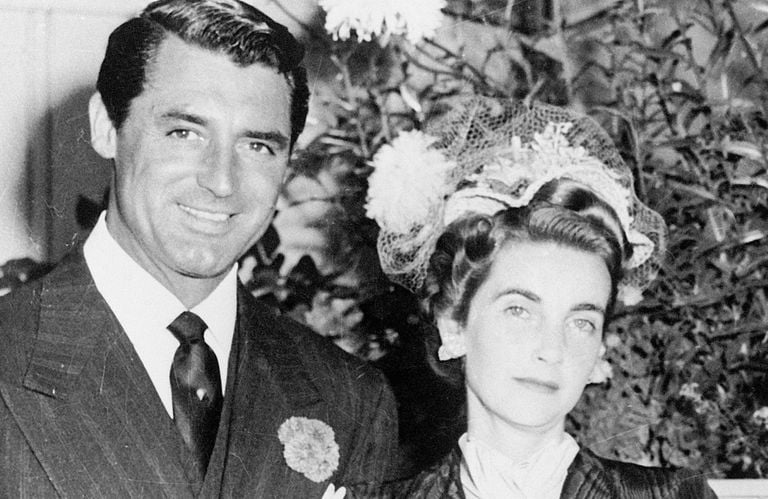
Bettmann/ Getty Images
The press dubbed them “Cash and Cary” and spread rumors that Cary married Hutton for her money – despite the fact that he was already wealthy. To further dispel the rumors and prove he wasn’t after her money, Cary refused to accept a financial settlement in their prenuptial agreement.
The Grant-Hutton Marriage Ends
Despite their similarities and affection, Grant and Hutton’s marriage didn’t last very long. By 1945, the couple had already separated twice, so they decided to make it official by filing for divorce. The reason given was “mental cruelty.”
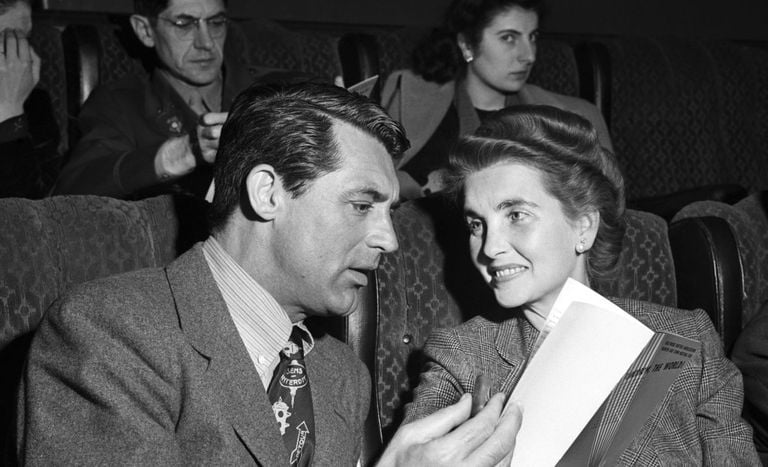
Bettmann/ Getty Images
This divorce, unlike Grant’s previous one, didn’t end bitterly. There were no long drawn out arguments over finances or sensationalistic coverage in the press. The mental cruelty that caused the divorce seemed to dissipate after it, and the two remained friends for a long time.
Grant’s Third Marriage
After his divorce from Hutton, Grant met Betsy Drake on a boat sailing from London to the US. They instantly got along, and Grant helped her get a role opposite him in the 1948 film Every Girl Should Be Married. In 1949, they married in a small private ceremony.
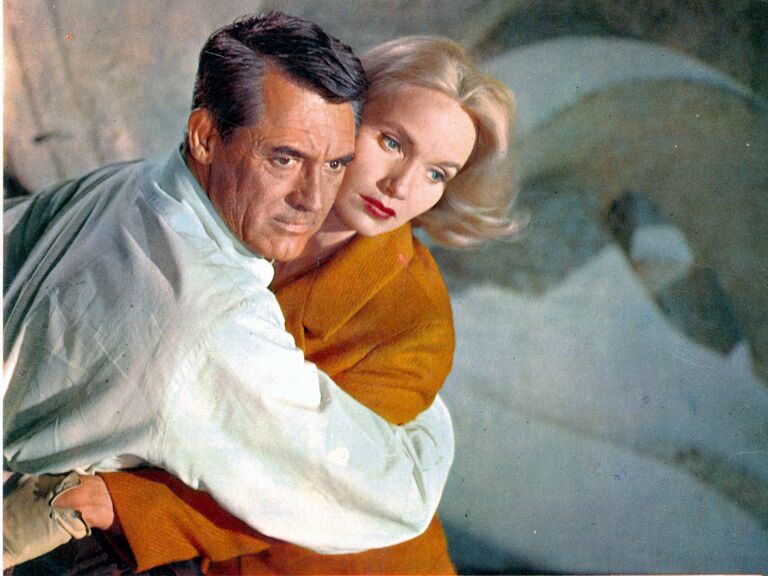
Metro-Goldwyn-Mayer/ Getty Images
Grant’s career took a bit of a slump in the early 1950s, however, it didn’t last long. By the mid-to-late 1950s, Grant had returned to stardom with hits like To Catch a Thief and North by Northwest.
The Third Marriage Ends, the Fourth Begins
By the late 1950s, Grant and Drake’s marriage had fallen on hard times. In 1958, they separated; in 1962, they divorced. Drake claimed that Grant was kind of a bore – he “often fell asleep after dinner and preferred television to talking with [her].”
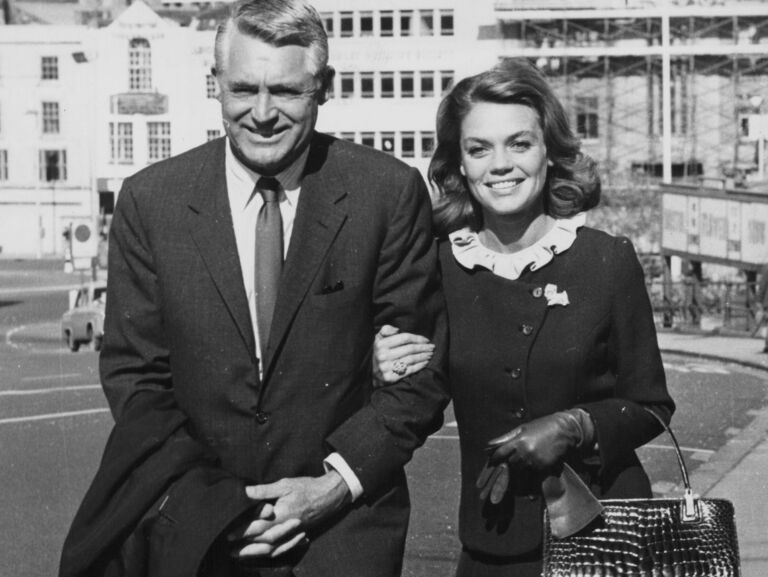
Express/Archive Photos/ Getty Images
A few years after their divorce, Grant became enamored by Dyan Cannon, an actress who was 33 years his junior. Cannon was in films, TV shows, and a Broadway musical. In 1965, Cannon and Grant were married in a hotel and casino owned by Howard Hughes.
A Daughter is Born
Shortly after their marriage, Cannon gave birth to a baby girl they named Jennifer. Despite this being his fourth marriage, this was Grant’s first child (Cannon’s as well). Grant took to fatherhood with a passion and decided to retire from making films.
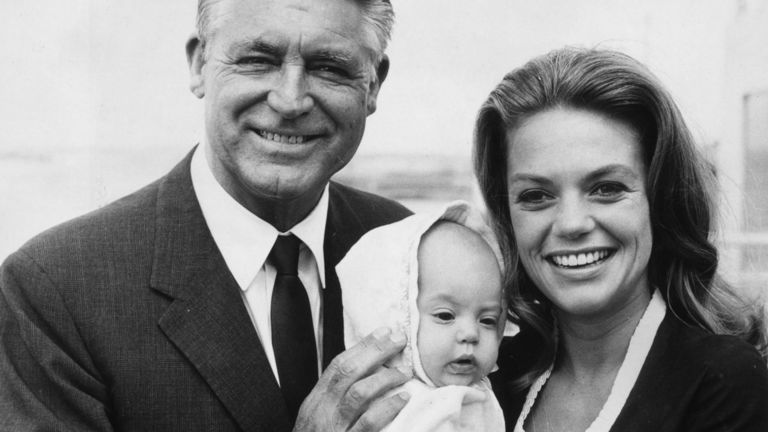
Central Press/ Getty Images
Although Grant was committed to raising his daughter, that commitment didn’t mean that his marriage to Cannon was going to work. Three years after their wedding ceremony, the couple called it quits. After a bit of a legal battle, they figured out a co-parenting schedule.
Raising Jennifer
In 1973, Grant chatted with The New York Times Encyclopedia of Film about what it was like to be divorced and raise a daughter. He said that Jennifer was in a bind – she didn’t want to leave him, and she didn’t want to leave her mother.
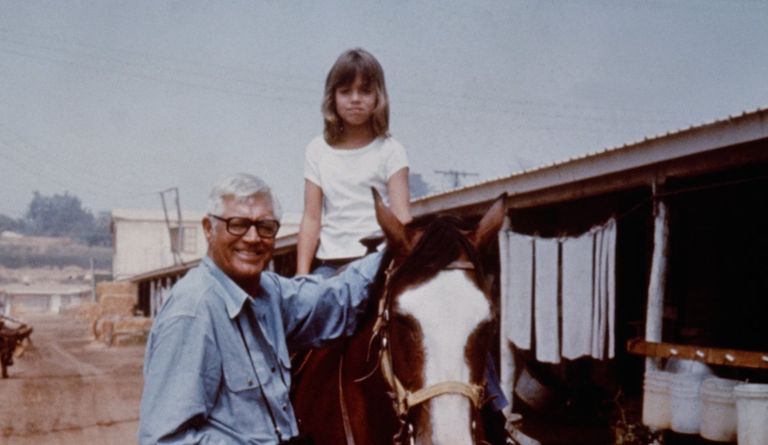
Maureen Donaldson/ Getty Images
Although Grant and Cannon negotiated a co-parenting schedule and child support, it didn’t always go smoothly. Like many divorces, there were emotional challenges they had to work through, including the sadness that Jennifer felt in not having both of her parents together.
Jennifer’s Adolescence
In the same 1973 interview, Grant went on to discuss how the press framed his divorce. Grant said they always used “words like battling and fighting,” which were untrue for him. From Grant’s perspective, his ex-wife and he simply had an unresolved “point of disagreement.”
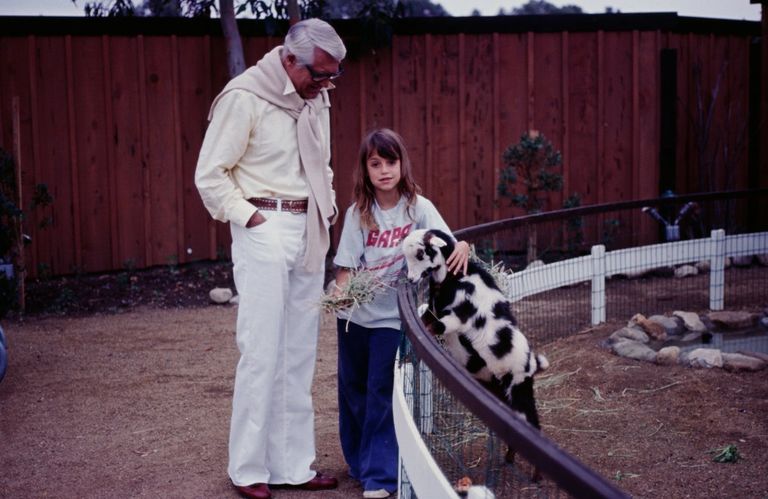
Maureen Donaldson/Getty Images
That disagreement caused them to require the services of a judge who could arbitrate a fair deal. Whatever the outcome, Grant knew that he would always love his daughter – and that his ex-wife would too. This love from both parents was reflected in Jennifer’s growing personality.
Grant’s Regret
Grant had been married 18 years or so before Jennifer was born. Despite that, he didn’t have any other kids. Most of the time, that didn’t bother him, but as he grew older, he seemed to express regret at his decision.
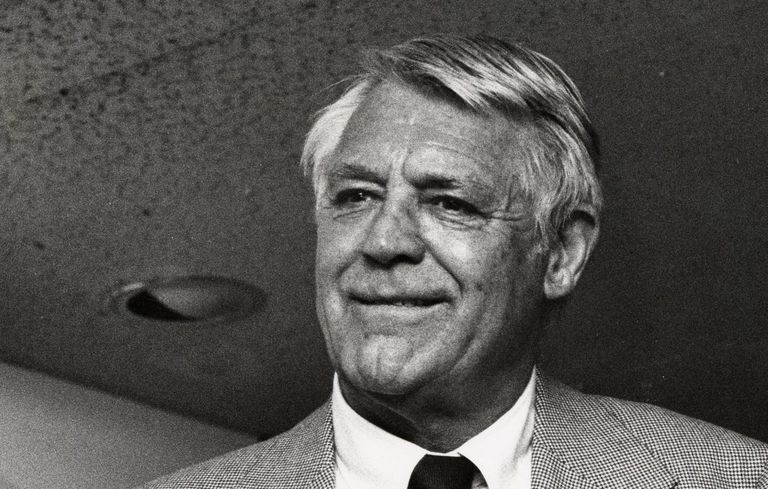
Ron Galella/Ron Galella Collection / Getty Images
While being interviewed in the early 1970s, Grant held up a picture of his 7-year-old daughter and said, “if I had not been so utterly stupid or selfish… I would have had a hundred children, and I would have built a ranch to keep them on.”
Cary Grant Passes Away
Although Grant wanted to have more kids, it was too late to do anything about it. For better or worse, Jennifer was the only child that he ever had. We think it worked out fine. According to Jennifer, Dyan Cannon, and many others, Grant was a stable and loving father.
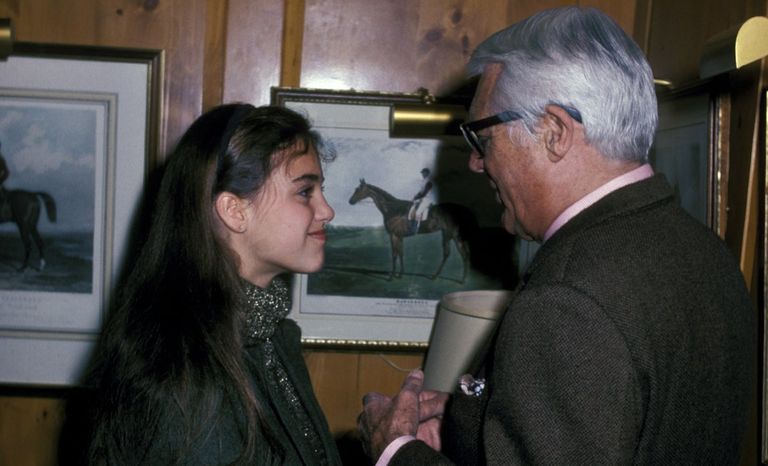
Ron Galella/Ron Galella Collection / Getty Images
That love continued until he died in 1986. An obituary in The New York Times said that Grant “took great joy in his loving relationship with his only child – his daughter, Jennifer – whose mother was his fourth wife, the actress Dyan Cannon.”
Grant’s Will
In his will, Cary Grant was generous to his only daughter. His vast fortune – estimated to be around $60 to $80 million – was mostly split between Jennifer and his fifth-wife Barbara Harris (whom he married after splitting up with Dyan Cannon).
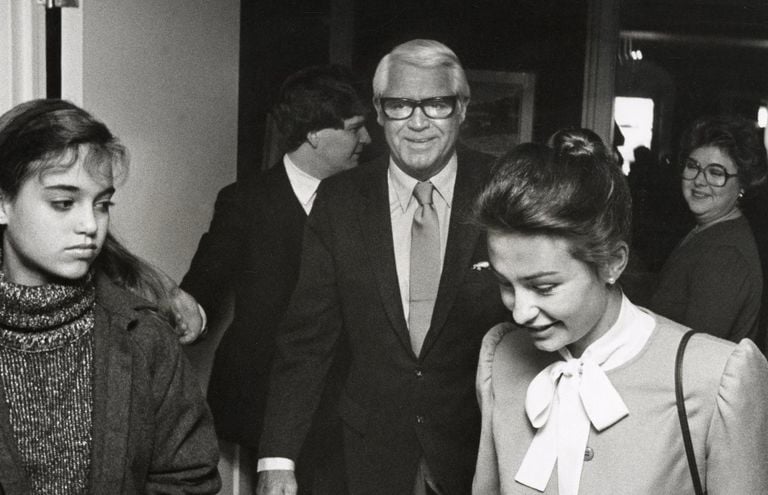
Ron Galella/Ron Galella Collection / Getty Images
At the time of her father’s death, Jennifer was only 20 years old. According to his wishes, she was to be given half of her inheritance when she turned 30, and the rest of it when she turned 35.
No Funeral Service
Despite being a famous Hollywood star for 50 years, Grant managed to carve out privacy in his life. Rather than having lavish public weddings, he often had small private ceremonies. The same ethic went into planning his funeral.
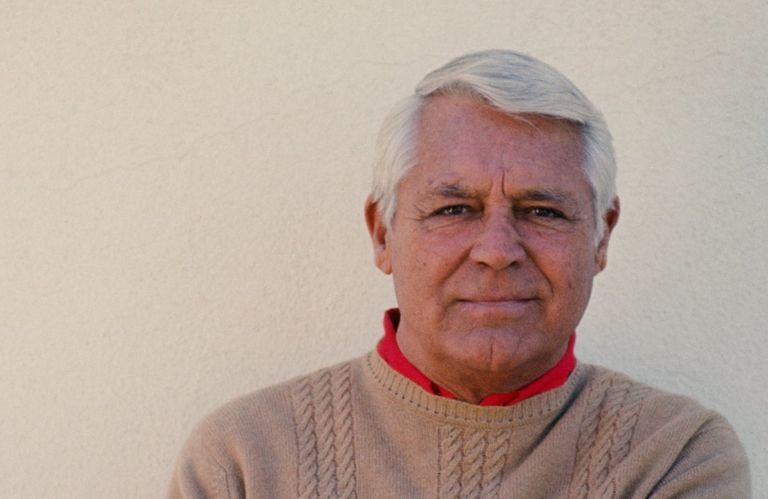
Maureen Donaldson/ Getty Images
Grant opted against having a massive funeral with public memorials and praise. Instead, he wanted his body to be cremated and his ashes to be spread over the Pacific Ocean as well as his favorite hills in California. Whether that happened or not is only known to his close family.
What Cary Grant Was Like as a Father
Cary Grant and Dyan Cannon were only married a few years, but their marriage produced what Grant called “his best production” – his daughter Jennifer. Two years after Grant’s death, Cannon corroborated that feeling in an interview she did with Redbook magazine.
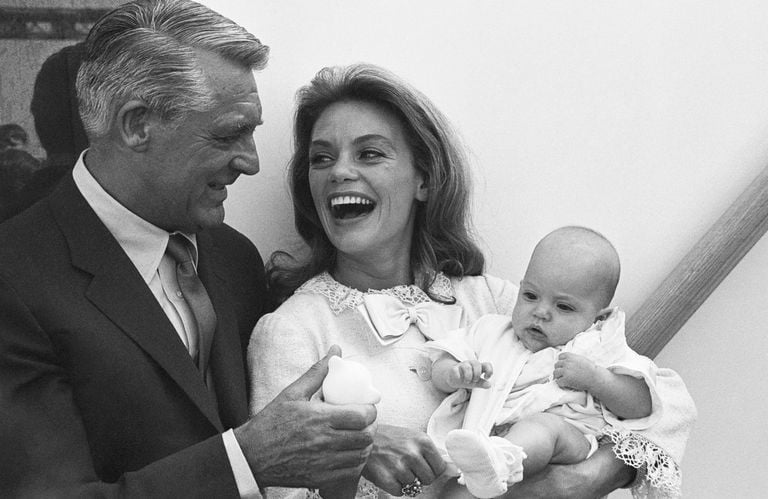
Bettmann/ Getty Images
Even though Cannon and Grant’s marriage was far from perfect, she didn’t let her marital troubles cloud her judgment of his parenting abilities. Cannon knew he was a good father and didn’t want him to be absent from Jennifer’s life. “Honey, it’s okay to love your dad,” Cannon told Jennifer.
Father-Daughter Bond
Jennifer was born in 1966, and her parents divorced in 1968. The divorce resulted in Dyan Cannon gaining custody of Jennifer. However, Grant was still a big part of Jennifer’s life.
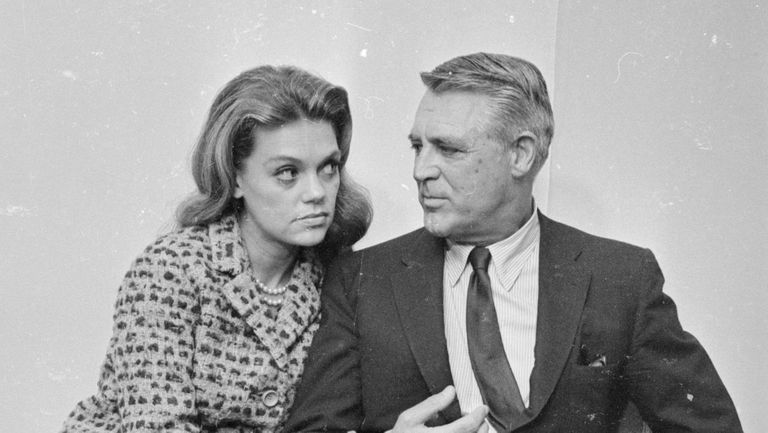
Bettmann/ Getty Images
For two weekends a month and one full month out of the year, Jennifer would go live with her father. Despite the personal issues that arose from their divorce, Cannon still had respect and love for Grant and never tried to use Jennifer as a bargaining chip to get back at him.
Parenting Together
In the same 1986 interview with Redbook magazine, Dyan Cannon remembered how her ex-husband would let her “make all the decisions.” When Jennifer was young, that meant the decision to send along a nurse to make sure Jennifer was properly cared for.
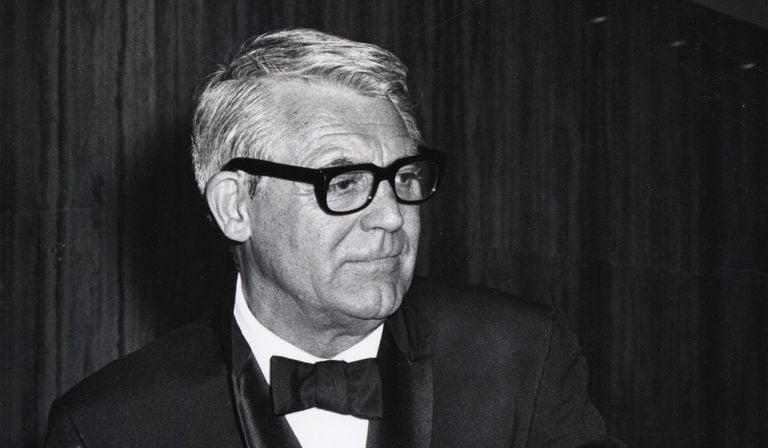
Ron Galella/ Ron Galella Collection / Getty Images
Later on, as Jennifer’s autonomy grew, she wanted to make her own decisions – like going out and doing things when visiting her father. Grant would often defer to Cannon and tell Jennifer that she had to call her mother to find out what time she had to be back.
Cannon’s Thoughts on Grant’s Parenting
Continuing on in the interview, Dyan Cannon expressed her thoughts on what Cary Grant could have improved upon. “I wish Cary had participated more in the parenting process,” she said.
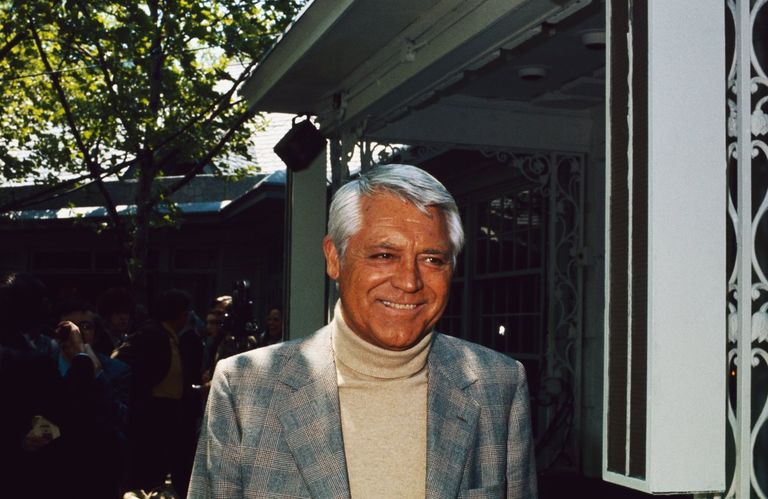
Bettmann/ Getty Images
This inability to know how to raise a child might be related to the fact that Cary Grant didn’t have very good parents during his own childhood. Whether that’s a valid excuse or not, it fell on Cannon to pick up the slack – and she did! Jennifer “turned out to be a great kid,” Cannon said, “so I must have done something right.”
Jennifer Looking to Honor Her Father
Dyan Cannon’s 1988 interview was published in Redbook, a women’s lifestyle magazine that focuses on issues like balancing motherhood and professional success. So, naturally, they wanted to know what her daughter was like as an adult.
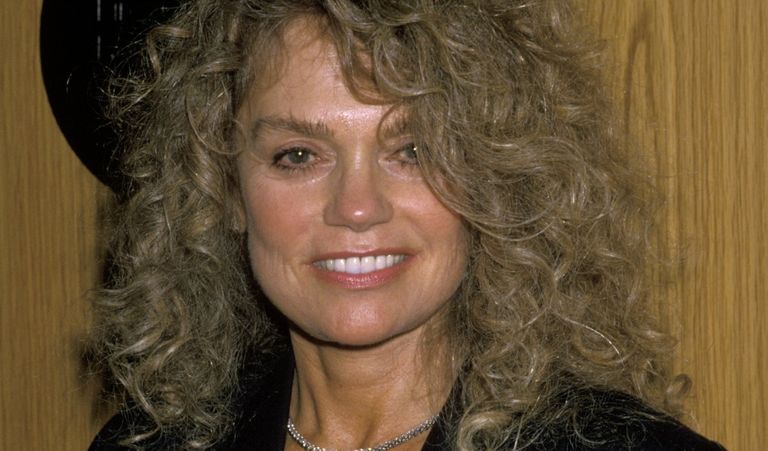
Jim Smeal/Ron Galella Collection / Getty Images
Dyan Cannon said that her private conversations with her daughter were to remain private. However, she did give some basic details about her life. Jennifer was a 22-year-old graduate from Stanford University with a degree in American Studies. She was also working on a TV special about her dad.
Was Jennifer Burdened by Her Father?
As the interview continued, Cannon was asked if Jennifer was ever burdened by being the only child of Cary Grant. To some, that would be unbearable. Grant was an enormously successful actor who left an indelible mark on film during the “Golden Age of Hollywood.” Trying to live up to (or surpass) that legacy would drive some kids crazy.
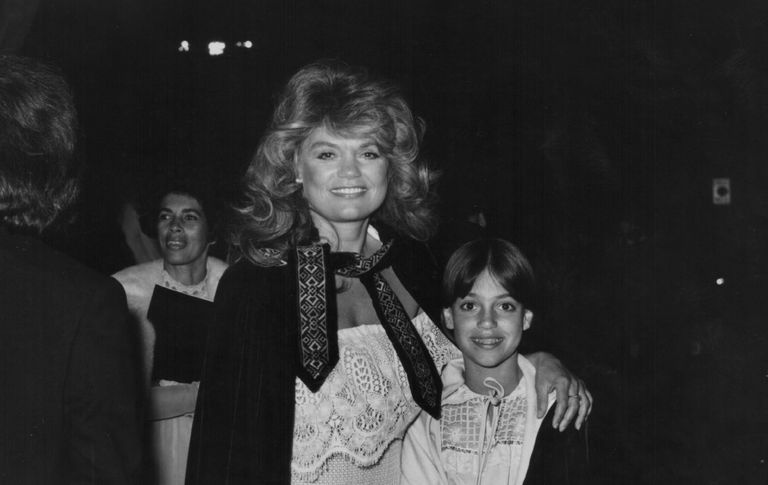
Jim Smeal/Ron Galella Collection / Getty Images
Jennifer, however, was different. She didn’t feel pressure to be just like her dad. Cannon attributed this to the fact that Jennifer had loving parents and “a really good center.”
Like Father, Like Daughter
During his life, Grant tried to dissuade his daughter from working in the film industry. She followed that advice for a while and worked at a law firm. After his death, however, she decided to give acting a shot.
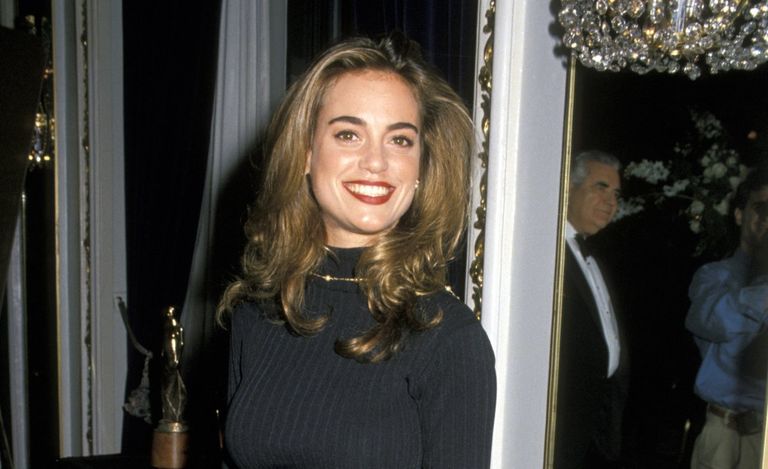
Ron Galella/Ron Galella Collection / Getty Images
In the early 1990s, she landed a role as Celeste Lundy in the hit TV series Beverly Hills, 90210. She also guest-starred in a few episodes of Friends and had a minor cameo in CSI. Throughout the 1990s through the 2010s, she appeared in films that range from Savage (1996) to Little Loopers (2015).
Jennifer’s Beauty
Jennifer not only inherited her father’s good nature and love of acting, but she also inherited his good looks. During the mid-20th century, Cary Grant was widely considered to be one of the most handsome Hollywood actors around. Many of the films he starred in showcased his sex appeal to an adoring audience.
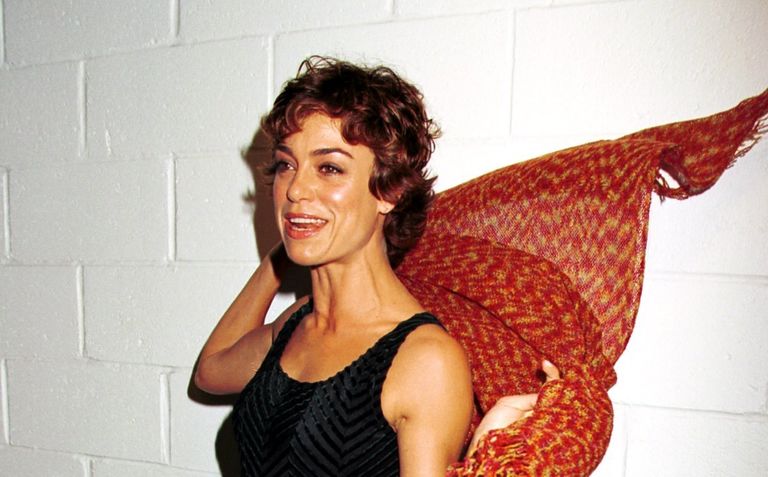
George De Sota/Laison/ Getty Images
Cary Grant’s good looks didn’t fade with age – part of the reason Dyan Cannon was attracted to him despite being 33 years younger. He aged gracefully – a quality that transferred over to his daughter as well.
Jennifer Passes on Her Father’s Name
After a few decades in the film and television world, Jennifer Grant decided to switch gears a bit. She took a break from acting, settled down with her longtime boyfriend, and started a family of her own. In August 2008, she gave birth to a son.
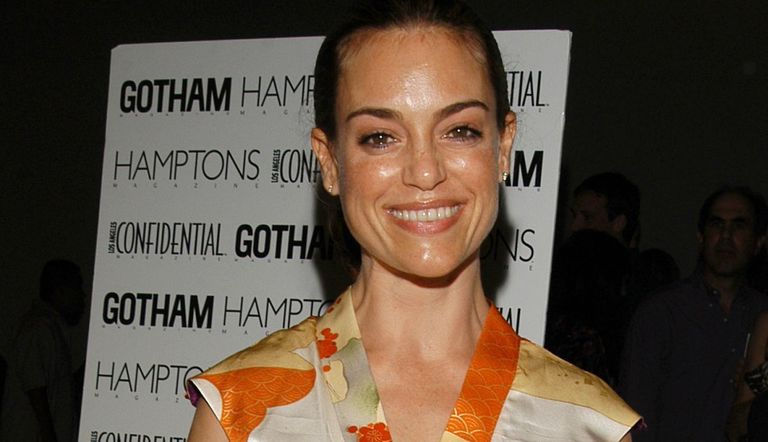
Mark Sullivan/WireImage/ Getty Images
His name – Cary Benjamin Grant – paid tribute to her beloved father. When People magazine interviewed her shortly thereafter, Jennifer described the joys of being a new mother. “Cary Benjamin sleeps dreamily on my stomach,” she said. “He’s phenomenal.”
Hesitation Over Her Son’s Name
Cary wasn’t the first name that came to mind when Jennifer was brainstorming baby names. She told the Daily Mail that she initially resisted the name “Cary” when her friend suggested it. “There was only one Cary Grant,” she said.
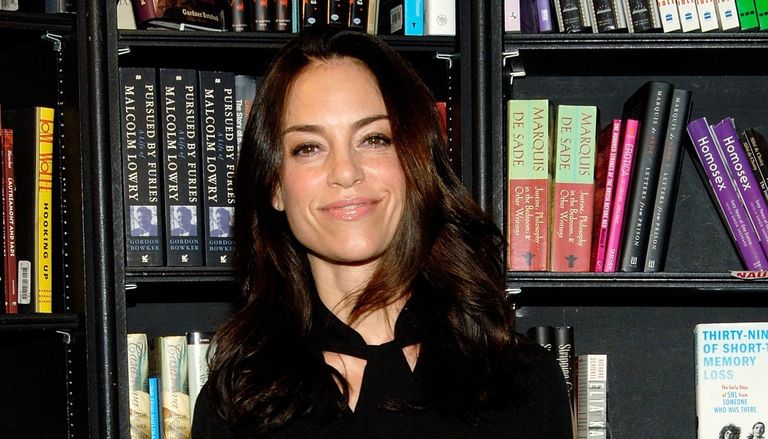
Beck Starr/FilmMagic/ Getty Images
Her feelings changed, however, as the due date was approaching. On second thought, giving her newborn son the name “Cary” was a touching way to keep her father’s memory alive. “And, anyway,” she said, “my father wasn’t Cary to me. He was Dad.”
Like Grandpa, Like Son
“Almost from the start,” Jennifer said in the Daily Mail interview, “I saw familiar characteristics in my son.” Chief among those characteristics was his humor. Jennifer’s son seemed to have a built-in funny bone – comedic timing came naturally.
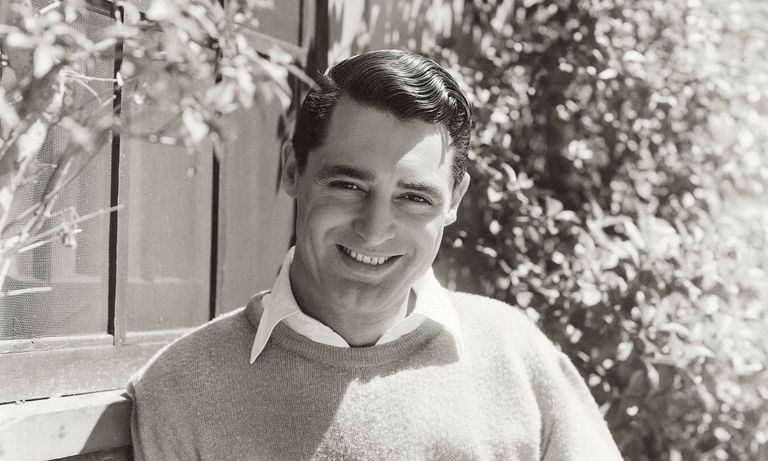
George Hoyningen-Huene/Condé Nast / Getty Images
Cary Grant was well-known for his comedic roles in movies like The Awful Truth, Bringing Up Baby, and The Philadelphia Story. “No one had better comic timing than Dad,” Jennifer said. That comedic timing seemed to transfer over to her young son, Cary Benjamin Grant.
Time to Write a Memoir
In her 40s, Jennifer Grant began thinking a lot about her father. This resulted in the 2011 memoir Good Stuff: A Reminiscence of My Father, Cary Grant. The phrase “good stuff” was always used by Cary to describe things he liked.
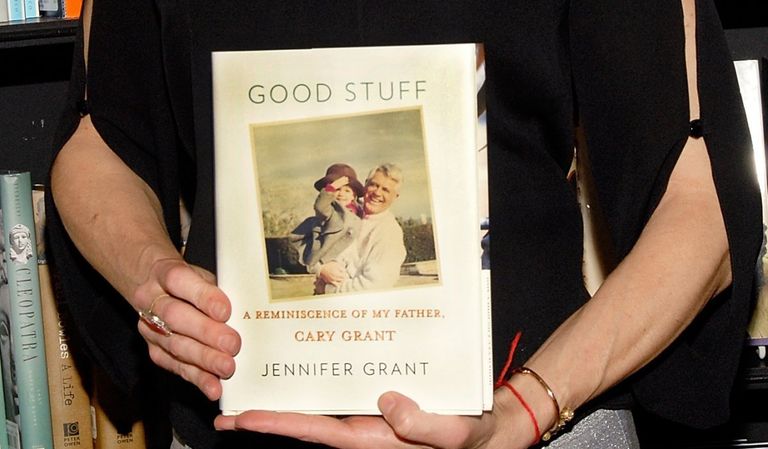
Beck Starr/FilmMagic/ Getty Images
Jennifer wanted to understand her father’s essence rather than his film career. To her, that essence was passion. “For the last 20 years of his life,” she said, “I was given the extraordinary privilege to experience the full, vital passion of his heart.”
Dad’s Influence on Her Acting
While her father was alive, Jennifer never showed a deep interest in acting – despite the fact that both of her parents were famous actors! After graduating from Stanford University with a degree in American Studies, she headed to San Francisco to work in a law firm.
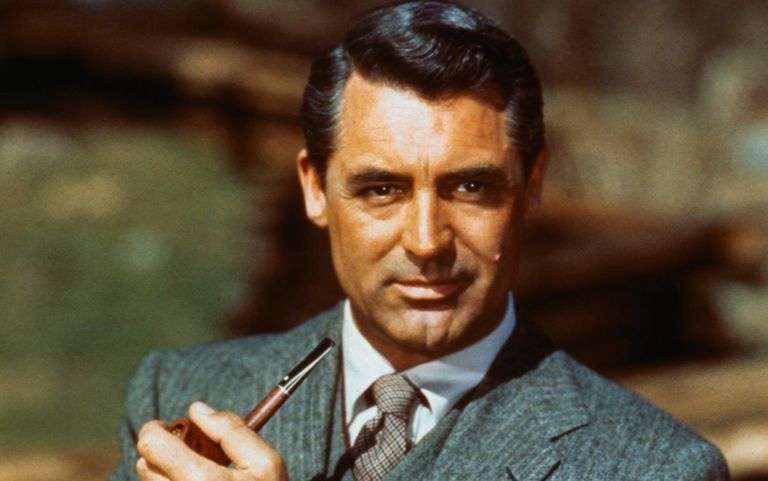
Dorfman/Corbis / Getty Images
That, however, didn’t last too long. After hearing about her father’s death, something inside her changed. “When Dad died, I shifted gears in ten seconds flat,” she said. She left San Francisco for Los Angeles and began to pursue acting.
Grief and Loss
Cary Grant died in 1986, but Jennifer’s grief over her father’s death lasted far longer than that one year. She wrote, “The grief of losing my father has come in waves over the years, as it does with most people.”
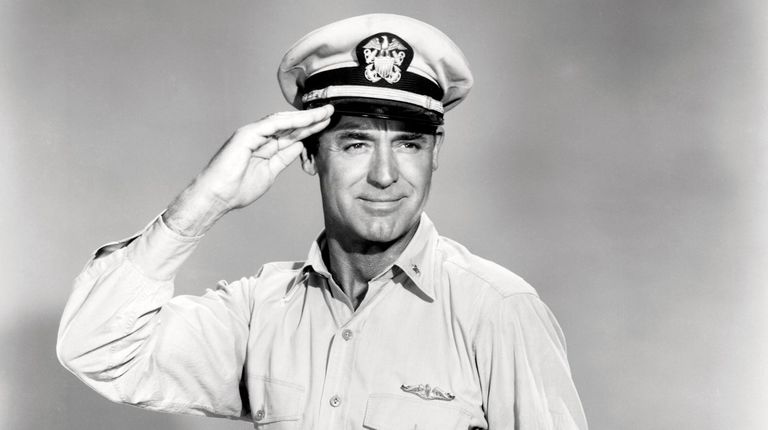
Silver Screen Collection/ Getty Images
She worked through this grief in two primary ways: acting and writing. Her acting career helped her to take part in one of her father’s greatest passions. Writing her 2011 memoir helped her to bring up and cherish all the thoughts and feelings she had toward him.
Her Father’s Romantic Legacy
In the same interview shortly after her memoir was released, Jennifer was asked about her father’s sexuality. It was long rumored – by fans and the press alike – that Cary Grant was bisexual or gay. These rumors began around the time that Grant and Randolph Scott shared a house in Beverly Hills.
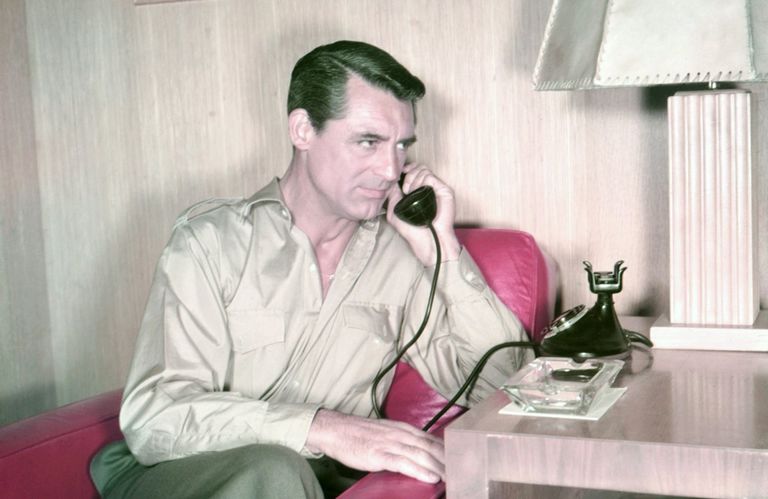
Silver Screen Collection/ Getty Images
Jennifer said, “Was Dad gay? My gut instinct was [that] he was straight. Perhaps his maverick nature coupled with his grace made him difficult to categorize.” It also made him quite the flirt with both men and women.
Cannon’s Thoughts on Grant’s Sexuality
Cannon also weighed in on Grant’s sexuality. She said that he had a certain magnetism that drew all sorts of people to him, but she denied rumors of infidelity. “I don’t know what he did before or after me,” Cannon said, “but I do know there was never another woman or man in our relationship.”
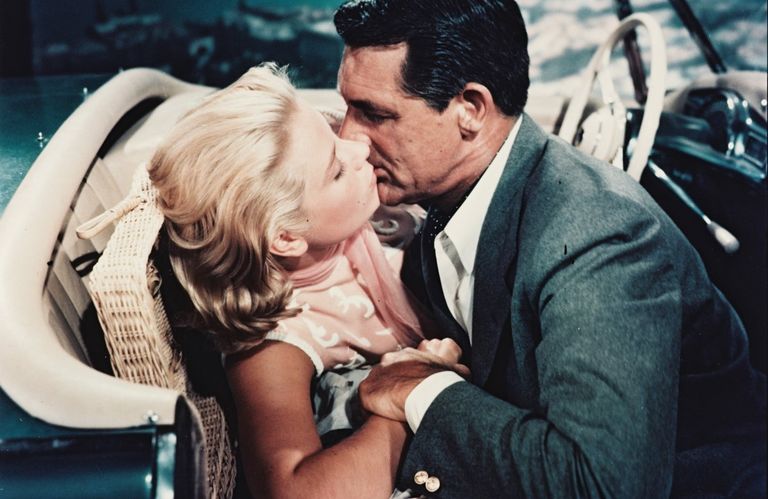
Silver Screen Collection/ Getty Images
Cannon agreed with her daughter’s theory that Cary Grant enjoyed the rumors surrounding his sexuality. Supposedly those rumors, “made women want to prove them wrong,” Cannon said.
Grief When Famous
Having a famous father brings extra pressure to the grieving process. Everyone handles grief differently, but one luxury that non-famous people have is that they can set up boundaries. They can choose when and where they want to express their grief, and they won’t be harangued by people who want the inside scoop.
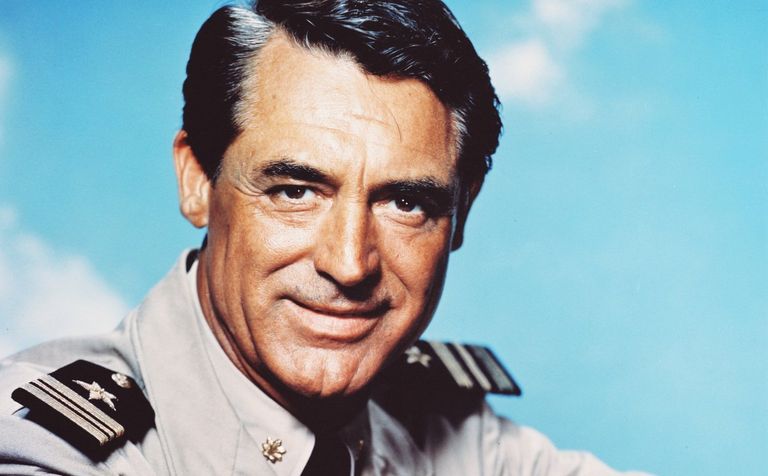
Silver Screen Collection/ Getty Images
When a famous person like Cary Grant dies, however, the media wants to know everything about it. How does the family feel? Was he a good father? Jennifer worked through this extra burden during the process of writing her memoir.
Thinking About Cary’s Rough Childhood
Part of the reason that Grant didn’t have many kids was because of his own troubled childhood. Despite the joy that Jennifer brought into his life, he couldn’t help but feel that it was risky.
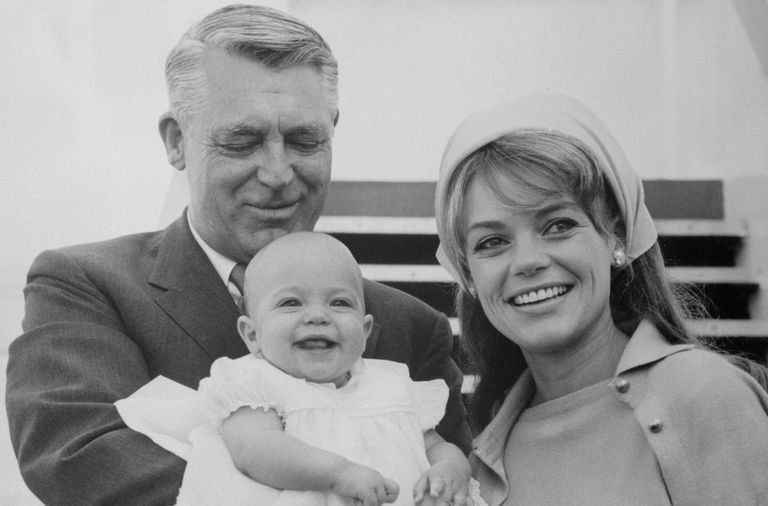
Bettmann/ Getty Images
Cannon corroborated this in her interview with the Daily Mail. “Though he was so happy to be a father, he’d also get scared as it brought up memories of his childhood,” she said. Perhaps he was afraid that he’d fail at fatherhood and cause misery for his daughter.
Jennifer’s Second Child
Jennifer Grant had a busy year in 2011. Alongside publishing a widely read memoir, she gave birth to her second child – a baby girl named Davian Adele Grant.

Elias Entertainment - Behind The Lens/ YouTube
During the 2010s, she continued to keep the memory of her famous father alive by telling her children about him and by speaking about him in public appearances. For example, at the 2016 TCM Classic Film Festival, she had plenty of kind words to say while being interviewed on the red carpet.
Jennifer’s Mixed Feelings
At the same 2016 TCM Classic Film Festival, Jennifer was asked to come on stage and introduce her father’s 1937 film When You’re In Love. While up there, the interviewer asked her what it was like to watch her father on screen. Was it weird? Comforting?
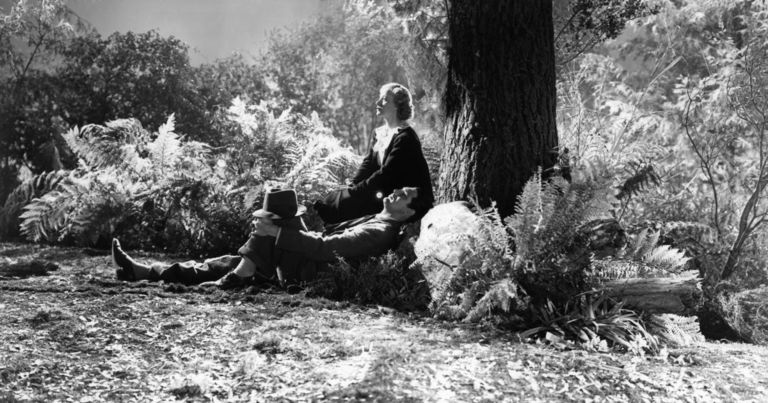
Columbia Pictures/ Getty Images
Jennifer didn’t have a simple answer because she had “all sorts of reactions” to seeing Grant on the big screen. Sometimes she was excited, other times she was surprised – especially when Grant was shown to do something that he would never do in real life.
Cary in Real Life vs. On Screen
Jennifer found it interesting to compare how she remembered her dad to how audiences remembered her dad. Since Cary Grant retired from film the year Jennifer was born, she didn’t get to see him on set.

Elias Entertainment - Behind The Lens/ YouTube
However, there are dozens of movies that feature Grant, so she can always get an understanding of what he was like through those. It’s not always accurate. Jennifer recalled him lighting up a cigarette on screen and thought, “Oh Dad, what are you doing? You would never pick up a cigarette. You hated nicotine!’”
Missing Her Dad
Although Cary Grant died in 1986, Jennifer’s sense of loss and sadness continued for many years after that. It’s true that she managed to enjoy two solid decades with him in her life, but she would have preferred if he was still around to see his two grandkids.
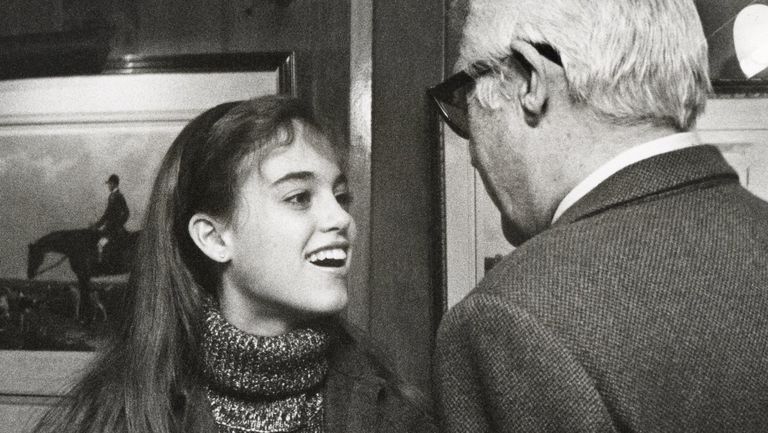
Ron Galella/Ron Galella Collection / Getty Images
Jennifer still experiences sudden bouts of sadness when thinking about her father. Often, this can lead to tears – a clear indication that Jennifer had a very strong bond with her famous father.
